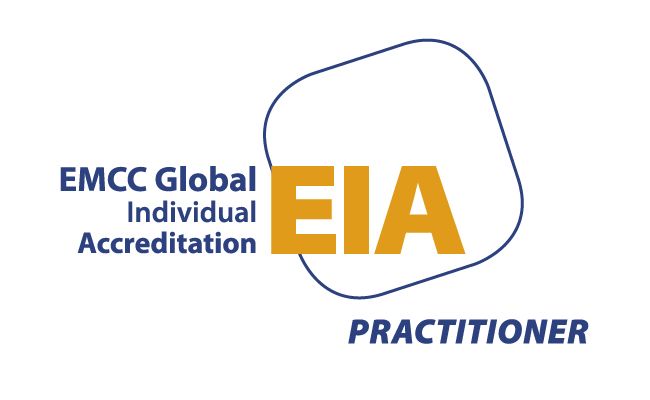Blue Monday - Here to stay
Energy levels and intent
Feeling low on energy, lots on your plate and not enough time to do everything you would like to do in the way you would like to do it?
Many of us are feeling this way, as ‘winter’ drags on, we start failing on our New Year’s Resolutions, and we opt for comfort food to fill a gap. For some it is a recipe for feeling out of sorts and not at our best.
As someone with a birthday in January I have always struggled with being super positive and jolly two weeks into the year, and I have seen friends dip out of social life for a good month to refresh.
A ploy with a point
Blue Monday is a PR ploy – to encourage people to book holidays in the sun.
It isn’t based on science, there has been no psychological trials on our sadness relating to the third January of the month (this year falling on 16th January 2023).
It is a PR stunt with an endorsement from an academic who used an equation to assess the saddest day of the year.
In that assessment the academic (who I have no intention of disclosing as it serves neither them or I) developed an equation to assess feelings.
They took into consideration :
- The weather
- Time since Christmas
- Probable levels of debt
- New Years Resolutions
- Levels of motivation
As a regular person the list resonates with me as things that can affect my mood and how I show up.
Flippancy breeds contempt
The issue with Blue Monday is that for people with SAD (Seasonally Affective Disorder) and/or depression the idea that you will be blue on just one day – 24 hours – in a year is pretty preposterous.
"Mental health 'good and bad' days are individual to each of us"
There is no scientific evidence at present that shows the 3rd Monday in Jan as the saddest day in the year.
As a Mental Health First Aider and trained coach I have witnessed people who are sad due to complex reasons throughout the year and I work with them on unpacking how they are feeling and looking to future options to move towards a happier space.
What the papers’ say
Looking at remedies to Blue Monday in the media was at times encouraging and at other times frustrating – in particular hopping on a plane and having a holiday in Bali as a remedy – hmmm not for 99% of the population.
Look after yourself and others

Blue Monday does however give us all an opportunity to stop, reflect and become aware of how we feel, and start to consider how others may be feeling.
Advice I am happy to endorse includes:
- Talking to people around you – in your team – in your family on what they are feeling on Blue Monday
- Take a walk - to feel the air on your face (and perhaps the rain!) and to exercise your physical and mental self.
- Beat the January Blues :: Keeping Well (keepingwellnwl.nhs.uk) NHS suggestions to beat the January blues
- Look at your New Year Resolutions and think – why, why, why does this really matter to me and my long term wellbeing.
- Eat a healthy meal and get to bed earlier than you may normally do.
- Volunteer – this came up in several media posts about Blue Monday. Giving back to someone or the wider community can be really personally satisfying and rewarding.
If you manage someone, lead a team, lead a business you can reach out to others to ask them how they are feeling. Talking helps. If you don't feel confident or capable about having a potentially sensitive conversation with someone look at how you can support them through others. Perhaps make a commitment to learn how to have sensitive conversations - they matter.
Blue Monday is here to stay so let's use it to our advantage and for the advantage of others - no trip to Bali necessary.
What will I be doing?
I will be North sea swimming with one friend (no other takers!) and while we may not get underwater we will certainly have a laugh trying.
I will be checking in on my older relatives (using Blue Monday as an excuse to act) and talking to my family about wellbeing.
If you are interested in keeping in touch with insights from The Curious Coach do email me at barbra@gleecoaching.com or visit www.gleecoaching.com




